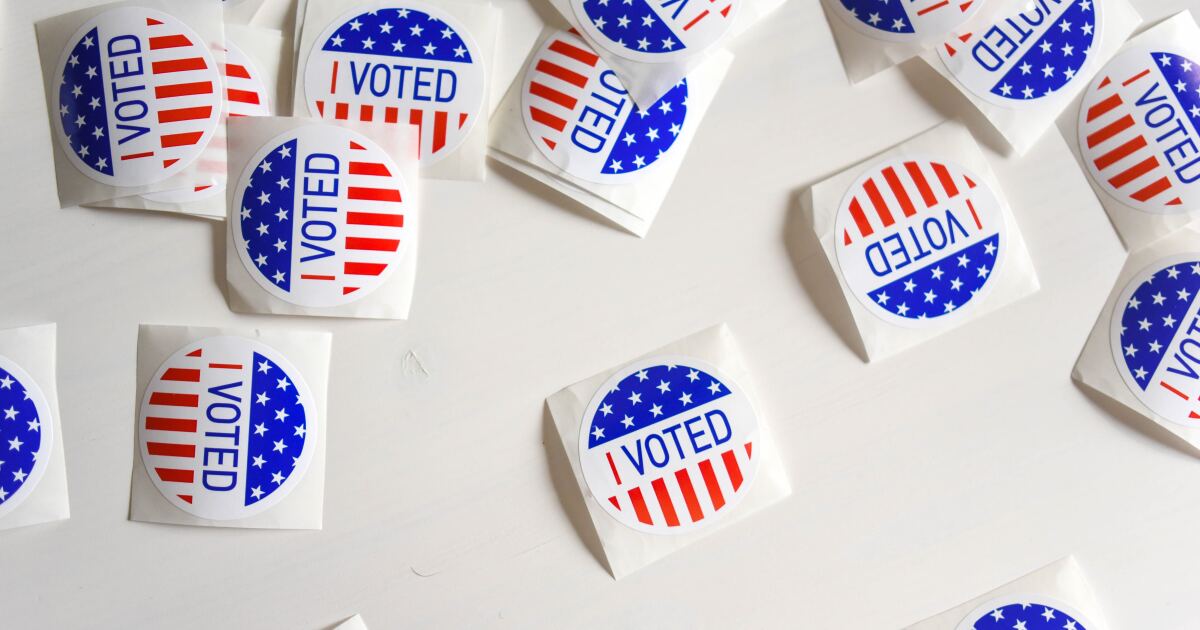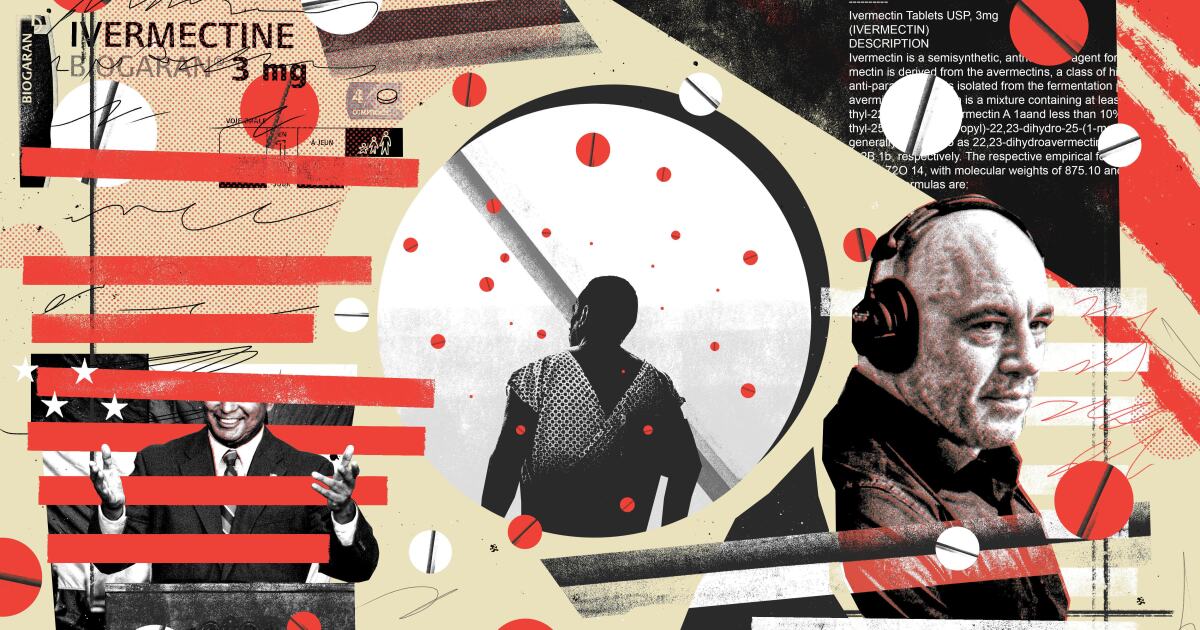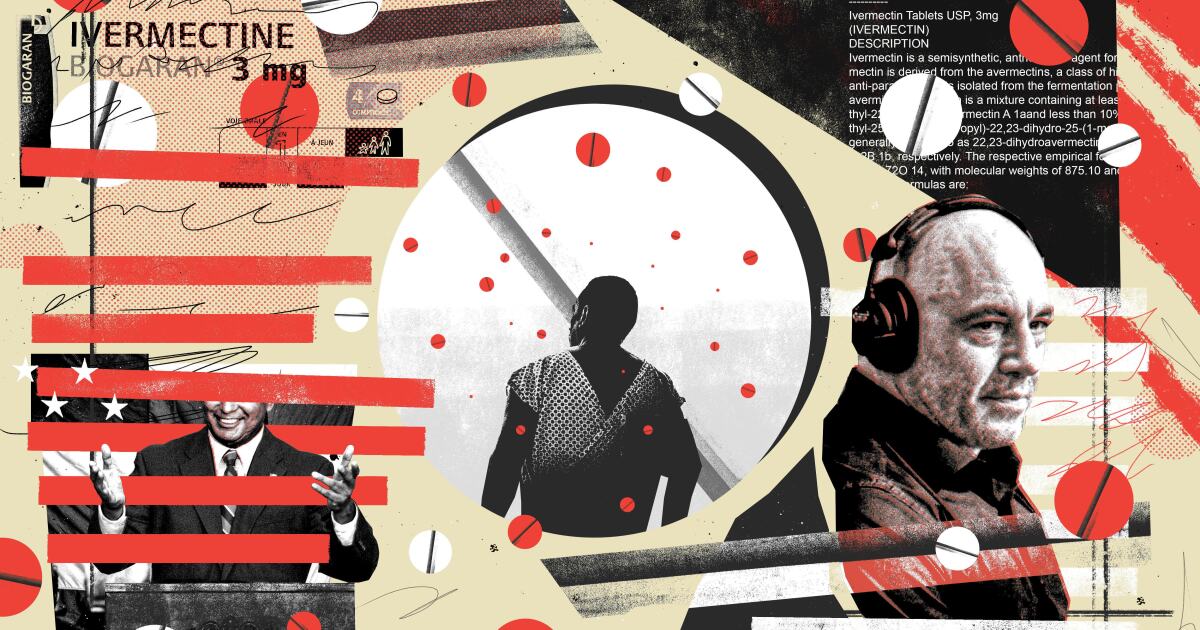The pathway to introducing low-THC cannabis-infused beverages and products in Michigan has encountered an unexpected obstacle. A recent federal agreement, which was crucial in ending the government shutdown, has introduced new constraints on THC levels in hemp products.
Initially, the 2018 Farm Bill made it legal to sell certain hemp products, provided they contained less than 0.3% THC by dry weight. However, the new federal guidelines have shifted from a percentage-based limit to a cap of 0.4mg of THC per product. This change contrasts with existing low-dose products, which typically range from 1-2.5mg of THC.
With a one-year adaptation period for these new rules, the industry is bracing for adjustments. Graham Filler, a former state representative and current advocate with the Hemp Beverage Alliance, expressed hope that Michigan’s lawmakers will continue to push for expanding hemp sales, anticipating potential federal policy reversals.
“I feel like we got so far down the road with great bipartisan, bicameral, legislative support and stakeholder support, why not create that framework?” Filler remarked. This initiative follows Michigan’s recent imposition of a 24% wholesale tax on cannabis as part of a budget deal.
Plans to open up new sales avenues in settings like liquor stores and restaurants appeared promising, especially in an oversaturated market. “A lot of people who invested have not made their money back because they’re battling with the black market and they have too much flower,” Filler noted, highlighting the industry’s struggles.
Despite bipartisan backing and legislative discussions, further action might stall until federal policies are clarified. State Representative Joseph Aragona, overseeing the House Regulatory Reform Committee, acknowledged the dilemma. “The uncertainty is really what’s kind of killing us at this point as to why we might not move forward at a state level,” he mentioned, weighing the options between preparedness for federal relaxation and awaiting definitive decisions.
Aragona also pointed out the difficulty of committing to new regulations that might be rendered obsolete within a year. “It’s a lot harder to do that now with a limited time frame. I mean, it’s easier to do nothing than to do something,” he explained, reflecting on the challenges facing the legislative process.
The state’s next steps remain uncertain, with discussions expected to evolve over the coming months. Aragona metaphorically described the situation as a game halted by the federal government just as a crucial play was about to unfold. “We’re still reeling from that and, you know, once we get back on our feet and think through this process and what it really looks like, you know, we’ll have better answers,” he concluded.
—
Read More Michigan News










